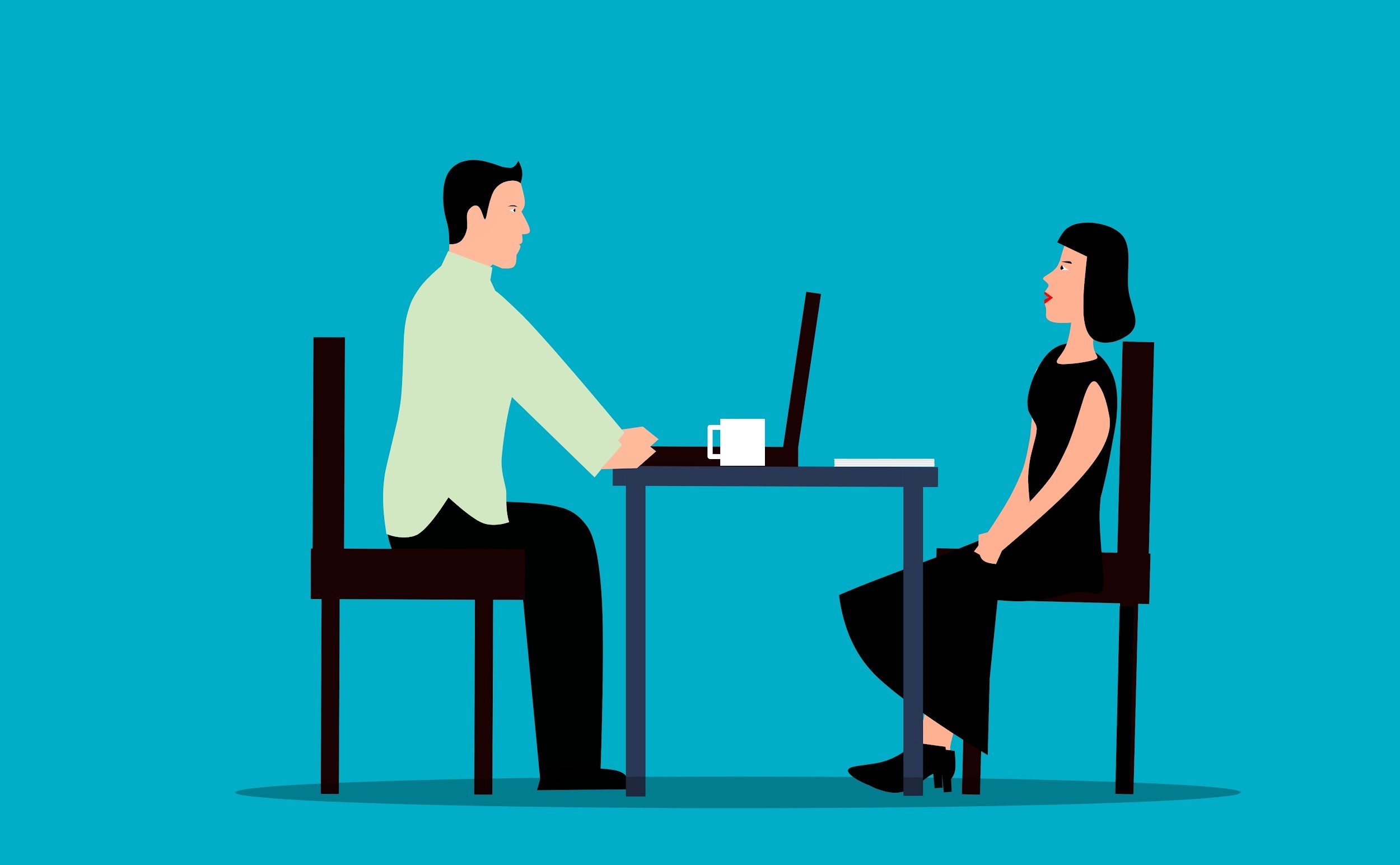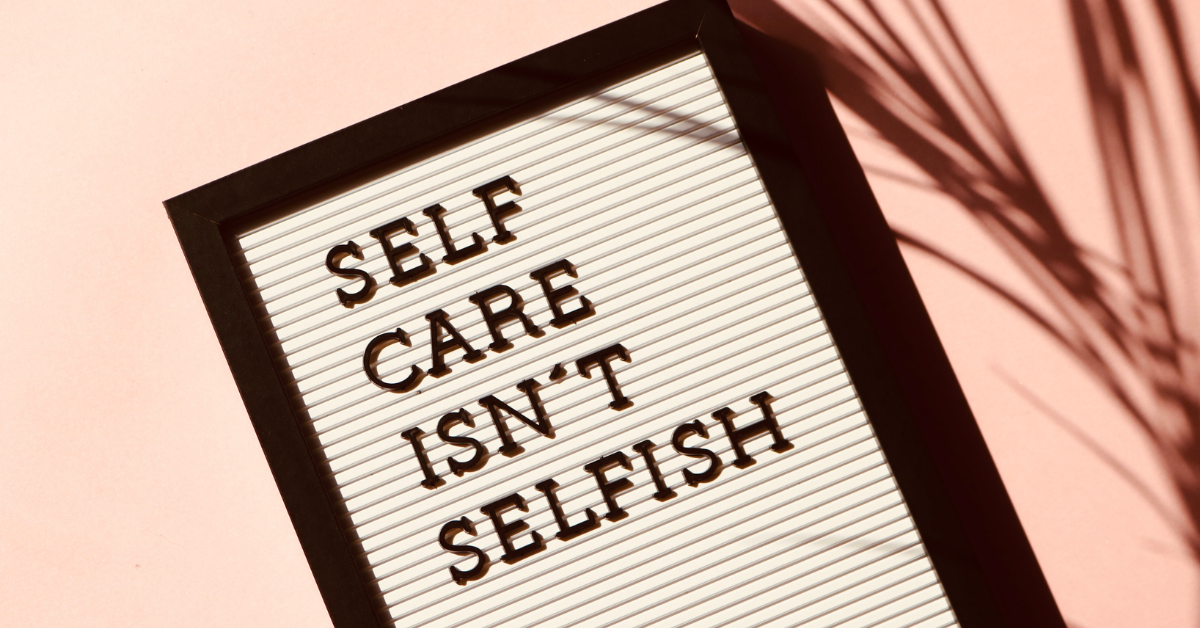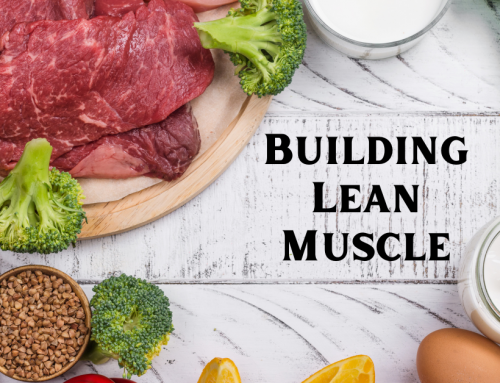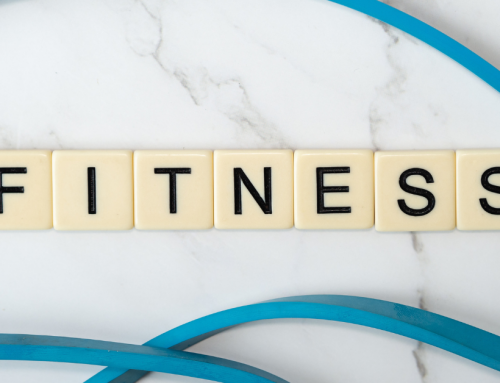How To Be Your Biggest Advocate: Things to consider before starting Keto
When it comes to health and wellness, most people are lost. They do not know who to follow, what to believe, how to create the body they have always imagined, who to ask for help, or how to get support. There is a lot of bolognas out there, but there is also a lot of outstanding support surrounding certain types of dieting and other eating patterns.
As far as your health is concerned, you may be interested in seeking out podcasts or medical research about a particular problem that you could be experiencing. Doctors are excellent, and they can provide a baseline for many questions to be answered. Doctors are highly trained in medicine. To identify general human health problems, and write prescriptions. Unfortunately, it feels rare to find a highly qualified doctor in emotional connection, bedside manner, empathy, and eastern medicine. If you have experienced a doctor making you feel irrelevant or that your symptoms do not matter, you need to switch providers.
You are not a medical professional, but you are an expert on the truth about how you are feeling.
If something has been aching in your abdomen for many weeks or months, you may go on Web MD and freak yourself out. Or, you could go digging for an answer in another way, possibly changing your diet or cutting out a specific type of food that may cause discomfort after eating it. There are many ways to educate yourself about minor ailments, practice healthy eating, get enough exercise, and supplement some additional vitamins to support yourself, one great place to start is to grab a free copy of “Feel Great Through Food” by Chris Schwarz here.
When that is not enough, and you still have a problem, going to the doctor can feel like a daunting task. Making the appointment, waiting for the work, just to be shuffled out of the office without a prescription and without any knowledge of what is wrong! I have personally had many doctor’s appointments end in this way, without resolution, answers, and a big fat bill to pay a couple of weeks later.

Who Are You?
When you sit down to create your resume, what types of qualities do you list? Most of us have spent a significant amount of time concentrating and learning a specific set of skills. We will first list computer-related skills, managerial skills, previous work experience, and people relations skills. We won’t talk about what we eat, how much we exercise, how much stress we have, or what is going on in our lives. When we go for a job interview or make our resumes, we entirely leave our true identity and mold ourselves into whatever the job title wants us to be. We behave the same way when we are at the doctor’s office, with friends, in social settings.
Conforming to how you think other people want you to be will always end in disappointment and probably lead you down a path of unhealthy habits. What do you value and why are you doing this? Finding value in a weight loss journey is important, your goal may be to change the number on the scale.
Instead of placing value in a number, find a bigger reason to lose the weight and keep it off, i.e. you want to be an example for your new son and start him off on a healthier pathway.
Advocating With Reason

Here are some ways to build your confidence when looking for the right doctor.
- Interview the doctor. Change the conversation from the practitioner asking you questions to asking the practitioner questions. How long have they been practicing medicine? What is their expertise? What beliefs do they have surrounding your specific medical issue?
- Be firm and very descriptive about symptoms or long-standing issues affecting you. That doctor might be a handsome man or woman, but they need to know all the gross details. They also can help make better decisions if you had exact dates and times of specific incidences of your ailment acting up.
- Do not be afraid to disagree with something that the doctor may recommend. It is okay to tell them that you are not a good fit and move on to someone else.
Consulting with your physician before starting a diet like the ketogenic diet is essential. If you are an individual with obesity, diabetes type 2, PCOS, or any medical condition, you will want the support of a medical practitioner before you go keto.
The ketogenic nutritional diet can significantly affect the human body when followed correctly. Neurologists, eastern medicine doctors, Alzheimer’s and Parkinson’s specialists, and many medical community members recognize keto as an optional treatment plan for all different types of patients.
The Spirituality Aspect
Diet and exercise are the most significant factors influencing your health. It is not easy to pinpoint one specific thing that impacts the population.
We know many things for sure:
1. Sugar is addictive and causes the obesity epidemic.
2. Exercise and movement are the game-changer for brain health and physical health.
3. We don’t know how to manage stress.
One person may know a lot about how to train your body up for a bikini competition, but they are entirely devoid of deep emotional connections. Or maybe that bodybuilding coach is wholly depressed and depleted from being in an industry obsessed with body image.
There are a lot of people who look great on the outside but have serious mental health issues like anxiety, obsessive-compulsive disorder, an eating disorder, or are complete narcissists. You may see influencers on social media and hear individuals telling stories about how they don’t eat this or that.
There is also an enormous amount of people that preach about the secret. Our news feeds are flooded with intermittent fasting, 21-day fix, whole 30, easy keto meals to your doorstep advertisements, SO… what is real and what is not?
Looking inside yourself may sound cheesy, but it is the only way to find what you are looking for. Sometimes, it is okay to let go of toxic friends or family members to give yourself the space needed to grow and change. Diet and exercise bring a lot of clarity. When you uphaul your current lifestyle to make it better or different, you may find that removing yourself from situations that trigger lousy diet behavior is best for you.
The Human Project

Getting started on a keto diet will cause a dramatic shift in eating habits.
Here are eight things you should know about the ketogenic diet:
- Ask your doctor about their thoughts on you considering trying to follow a ketogenic diet. Your doctor can help you develop your diet plan of action and be your partner along the way. If you have a really great doctor, they will check in with you every four weeks to see your progress. Most people hire nutrition coaches for this or personal trainers.
- Think green. The ketogenic diet emphasizes vegetables high in nutrients and low in carbohydrates, like broccoli, spinach, asparagus, green beans, green bell peppers, kale, etc.
- Incorporate proteins like red meat, pork, poultry, and fish. Protein is a critical component of the ketogenic diet, and the human-machine needs to function correctly.
- Buy total fat dairy products like Greek yogurt, cottage cheese, cream cheese, sour cream, and soft cheeses like mozzarella and brie are fine. You can also cook with heavy whipping cream to add flavor. Too much cheese is a bad thing, but on keto, you can make some of your favorite cheesy dishes!
- Avoid grains like wheat products. Bread and pasta, cereals, and rice are loaded with carbs. It can unravel the hard work you are doing on the diet.
- Stay away from sugar like candy, chocolate, ice cream, and anything processed. Sweetened beverages are usually loaded with sugar that is undesirable on keto. You will want to be hyper-aware of what you are drinking.
- Stay hydrated by drinking more than enough water. Limit your caffeinated beverages or make a cut-off time for your last cup of coffee. Diet soda can lead to sugar cravings; so it’s not recommended.
- Take your vitamins. The ketogenic diet can cause vitamin and mineral deficiencies if you are not eating a wide range of foods so talk to your doctor about what supplements you should consider.
Educating yourself about all the expectations of following a ketogenic diet is only going to help you on your journey.
Using your doctor as a sounding board for ideas about changing your health can be cathartic and reassuring. Starting keto and holding yourself accountable to always make the “right” choices is where the challenge comes in.
Recommendations
In my personal experience, I have spoken to many people that have good intentions about losing weight or getting on track for a healthier lifestyle. These people are typically experiencing a life-changing event like trying to start a family, getting married, raising children, or maybe they just had a heart attack due to their unhealthy lifestyle and they are being forced to change.
If you are motivated to change because of someone else or some outside factor, this diet will probably not be sustainable for you. Focus on changing for yourself, your own self-worth, your personal reflection, and your spirit.

Here are some things you may want to consider to keep you accountable and motivated:
- Hire a keto coach.
- Get a gym membership and start a group fitness class.
- Tell your friends and family on social media about your weight loss journey, post photos, and show progress!
- Start walking more, moving more, or picking up a new active pass time.
- Break the biggest most unhealthy habit you have.
- Practice gratitude by writing it down in a gratitude journal. Do this every single morning right next to your bed when you wake up.
- Practice affirmations if those work for you.
- Stack good habits.
Depending on outside people or things to keep you motivated will not sustain you. This has to be something you take full control over. After all, it is your mind and body that we are talking about here.
“Your limitation it’s only your imagination”






